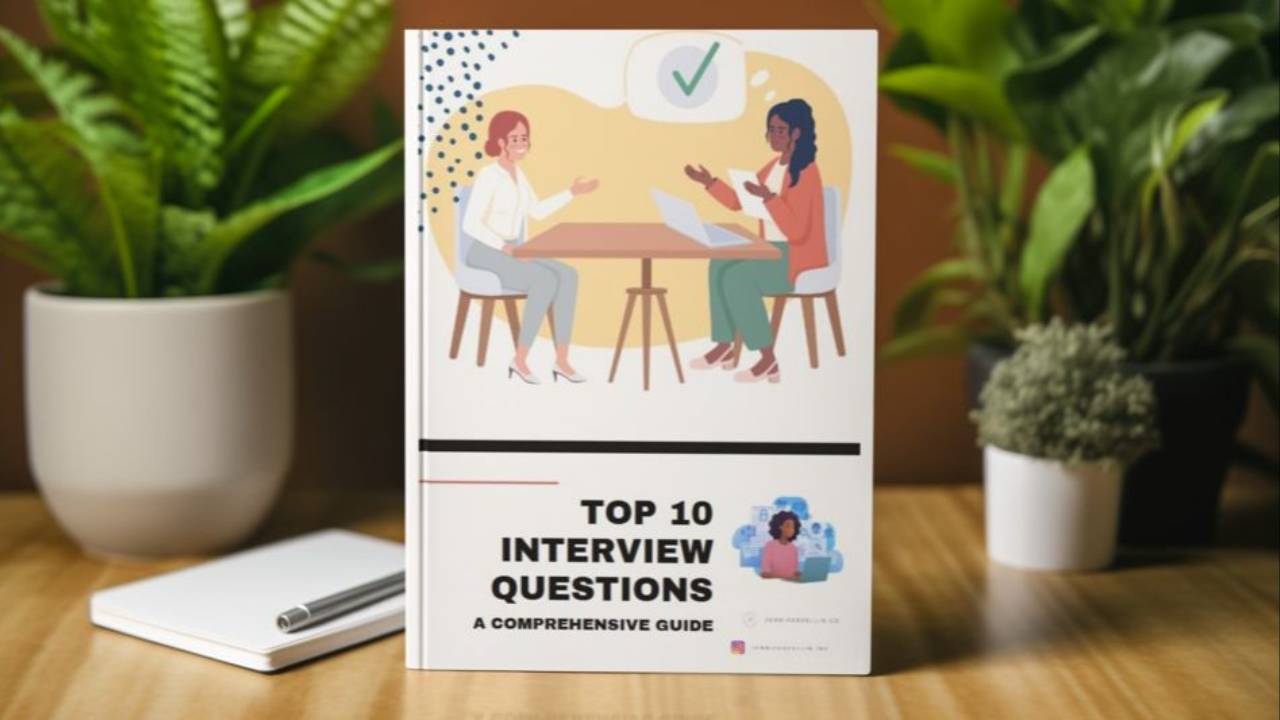What is Quiet Quitting?
Apr 13, 2023
One of the more popular topics that came up in a discussion I had with a college this week was centered around the popular business trend of quiet quitting and the impact that it is having on the industry. As we move away from what we find to be normal and into our new normal its important to keep team members engaged and interested in their work.
KPI = “Keeping People Interested” Seems to be all over right now.
With the new “Quiet” movements its important to understand what they are and how they could impact you.
What Is Quiet Quitting?
Quiet quitting refers to the act of leaving a job or position without making a formal announcement or drawing attention to oneself. Instead of resigning with a formal letter or announcement, a person may simply stop showing up to work or gradually withdraw from their responsibilities until they are no longer present. This can be a way for employees to avoid confrontation or uncomfortable conversations with their employer or colleagues and may be done in cases where the employee feels unsupported or undervalued in their role.
However, quiet quitting is generally not recommended as it can damage professional relationships and leave a negative impression on future employers. It's generally better to resign in a professional and respectful manner, even if it's uncomfortable.
Why Is Quiet Quitting Important?
Quiet quitting is generally not considered important or advisable. While it may be tempting to avoid confrontations or uncomfortable conversations, leaving a job without proper notice or communication can damage professional relationships, burn bridges, and even negatively impact one's future career prospects.
When an employee suddenly disappears without notice, it can leave their employer and colleagues in a difficult position, forcing them to pick up the slack and potentially causing disruption and chaos in the workplace. It can also reflect poorly on the employee's work ethic and reliability, which could be a red flag for future employers.
Therefore, it's generally better to resign in a professional and respectful manner, even if it may be uncomfortable or challenging. This can help to maintain positive relationships with colleagues and supervisors, preserve one's professional reputation, and leave the door open for future opportunities.
Signs of Quiet Quitting
Quiet quitting refers to leaving a job without making a formal announcement or drawing attention to oneself. While it can be difficult to detect when someone is quietly quitting, there may be some signs that could indicate that an employee is disengaged or preparing to leave:
Lack of communication: A sudden drop in communication, responsiveness or engagement with colleagues, managers or clients could be a sign of someone who is no longer invested in their job.
Decrease in productivity: An employee who is planning to quit may become less productive or may start neglecting their duties or responsibilities.
Withdrawal from social activities: If an employee who was once active in social events or gatherings suddenly stops attending, this could be a sign that they are disengaging from the workplace.
Avoiding meetings or projects: An employee who is planning to leave may start to avoid meetings or projects that require long-term commitment or investment.
Seeking out other job opportunities: If an employee is suddenly very active in their job search, this could be an indication that they are planning to quit.
It's important to note that these signs could also be due to other factors, and it's always best to approach the situation with curiosity and compassion, rather than making assumptions. If you notice any of these signs, it may be worth having a conversation with the employee to understand their concerns and address any issues that may be causing them to disengage.
Making sure that you keep people interested is one of the many different traits that we have as leaders. People disengage for several different reasons. One of the more important things to keep in mind if you see any of these signs is to talk to your team and understand what is going on in their world or what is causing them to disengage.
So, what are the other two “Quiet Movements that are currently out there?
What Is Quiet Hiring?
Quiet hiring is a term that can refer to a few different things, depending on the context.
In some cases, quiet hiring may refer to the practice of companies hiring new employees through internal referrals or informal networks, rather than through traditional job postings or recruitment channels. This can be done quietly and without publicizing the open position and is often used to fill roles quickly and efficiently with trusted and recommended candidates.
In other cases, quiet hiring may refer to the practice of companies making job offers without disclosing salary or compensation information up front. This can make it difficult for candidates to negotiate effectively and can perpetuate pay disparities.
It's important to note that while quiet hiring may be efficient and convenient for employers, it can also be exclusionary and unfair to qualified candidates who are not part of the informal network. It's generally recommended that employers use a combination of both formal and informal recruitment methods to ensure a diverse and qualified pool of candidates. Similarly, disclosing salary and compensation information upfront can help to promote transparency and equity in the hiring process.
What Is Quiet Firing?
"Quiet firing" is a term used to describe the act of terminating an employee without providing them with a clear explanation or any prior warnings. This type of termination is often done quietly and behind closed doors, without informing other employees or making an announcement.
Quiet firing can also refer to the practice of encouraging an employee to resign rather than terminating them outright. This is often done in an attempt to avoid the potential legal or reputational consequences of a termination.
Both forms of quiet firing are generally not recommended and can be harmful to both the employer and employee. Without clear communication and feedback, the terminated employee may feel confused, disrespected, and unfairly treated, while other employees may feel uncertain about their own job security and the company culture. In addition, quiet firing can increase the risk of lawsuits or legal action by the terminated employee.
It's generally recommended that employers follow established policies and procedures for disciplinary action and termination, and provide employees with clear and honest feedback, coaching, and opportunities for improvement. If termination is necessary, it should be done in a respectful and professional manner, with clear explanations and next steps.
As you grow in your career, its important to understand the different business trends. Being up to date allows for you to understand where you are at in your career through self-awareness. Also being able to be inside the loop with help you navigate more political situations like these that can damage your career.











